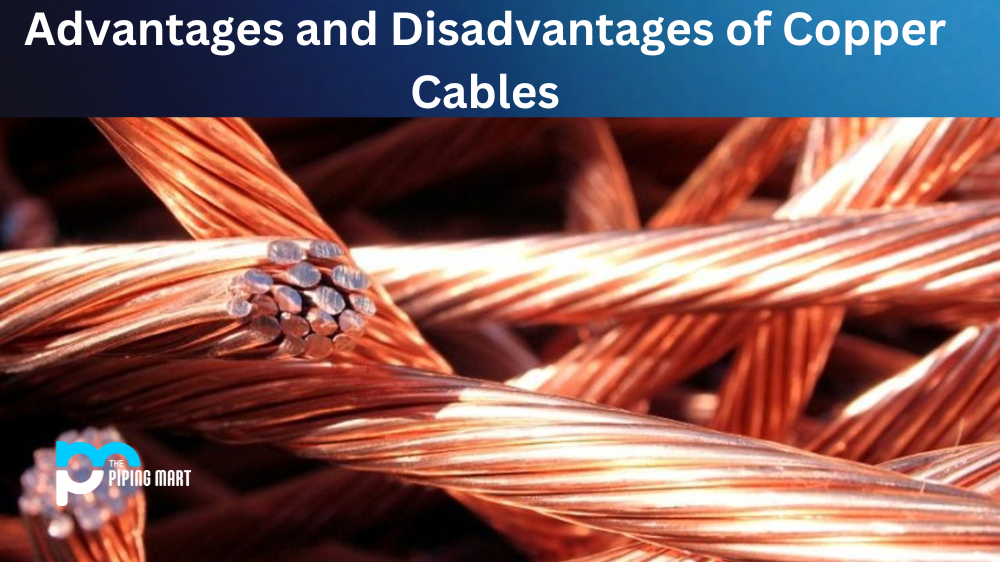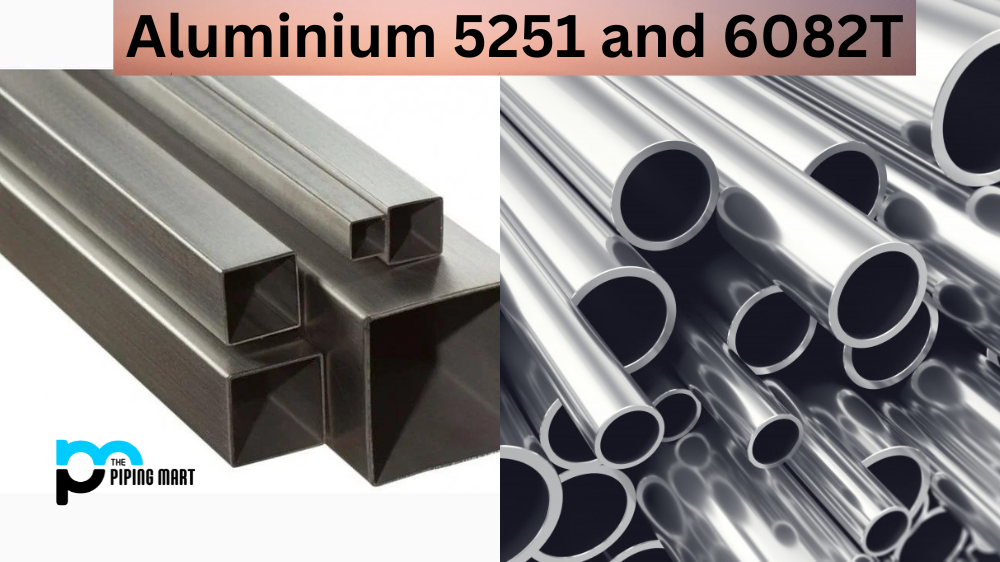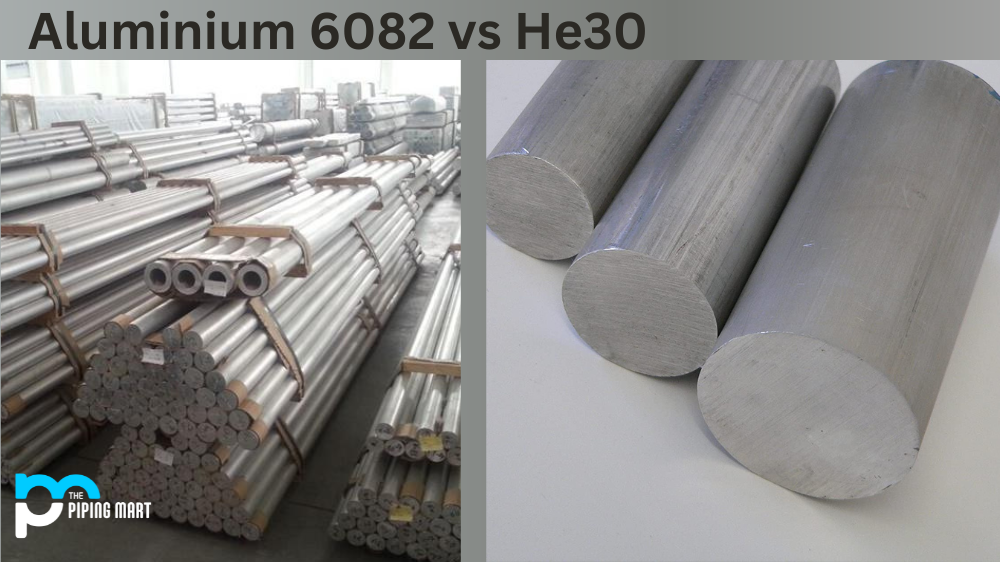Copper cables are an essential part of modern technology, providing reliable, high-speed connections that are used in everything from computer networks to telephone systems. But while copper cables have many advantages, they also have their downsides. Let’s take a closer look at the pros and cons of using copper cables for your business needs.
5 Advantages of Copper Cables
The most obvious advantage of copper cables is the fact that they provide fast and reliable connections. They can be used to transmit signals over long distances with minimal signal loss, making them ideal for applications such as high-speed internet access and home entertainment systems. In addition, copper cables are relatively inexpensive when compared to other types of cable, such as fiber optic or coaxial cable. This means that you can get more bang for your buck when it comes to connecting multiple devices together in your business network.
Another advantage of copper cables is that they are relatively easy to install and maintain. All you need is some basic DIY skills and a few tools to get the job done right, which makes them ideal for those who don’t want to hire a professional technician or deal with complicated setup processes. Finally, copper cables also offer good shielding properties when compared to other types of cable, which helps protect against signal interference from external sources such as power lines or wireless networks.
Low Losses
One of the primary advantages of copper cable is that it has low losses. This means that less signal is lost as it travels along the cable, which results in a higher-quality signal. Additionally, copper cable is less likely to suffer from interference than other types of cable, such as fiber optic cable.
Reliable
Another advantage of copper cable is that it is reliable. This means that it is less likely to experience outages or other problems than other types of cable. Additionally, copper cable is not affected by weather conditions, making it a good choice for outdoor applications.
Cost-Effective
Copper cable is also cost-effective, as it is less expensive to install and maintain than fiber optic cable. Additionally, the copper cable can be recycled, which helps to reduce its environmental impact.
Easy to Install
Copper cable is also easy to install, as it does not require special equipment or training. This makes it a good choice for applications where quick installation is required, such as in emergency situations.
Compatible with Other Systems
Copper cable is also compatible with other systems, such as telephone and data networks. This makes it a good choice for applications where multiple systems need to be connected.
5 Disadvantages of Copper Cables
While there are many advantages to using copper cables, there are also some drawbacks that should be considered before making a purchase decision. One major disadvantage is that they are not suitable for use in areas where temperatures may drop below zero degrees Celsius (32°F). This is because the cold temperatures cause the metal in the cable to become brittle and prone to breakage. In addition, copper cables are not immune from electromagnetic interference (EMI), meaning they can easily be affected by nearby power sources such as transformers or other electronic equipment. Finally, copper cables can be susceptible to corrosion over time if exposed to moisture or chemicals in the air around them.
- Copper cable is more expensive than other types of cable, such as fiber optic or wireless.
- Copper cable is susceptible to interference from electrical equipment and other sources of electromagnetic radiation.
- Copper cable is not as flexible as other types of cable, making it difficult to install in some locations.
- Copper cable is not as durable as other types of cable and can be damaged by water or chemicals.
- Copper cable is a conductor of electricity, which means it can pose a shock hazard if not installed properly.
Conclusion:
Overall, copper cables offer a great solution for businesses looking for fast and reliable data connections without breaking the bank. While there are some disadvantages associated with using these types of cabling solutions—such as susceptibility to EMI and corrosion—these issues can generally be avoided by following proper installation instructions and avoiding extreme temperatures during setup or use. If you’re looking for an affordable way to connect multiple devices across your business network, then consider investing in quality copper cabling solutions today!

Abhishek is a seasoned blogger and industry expert, sharing his insights and knowledge on various topics. With his research, Abhishek offers valuable insights and tips for professionals and enthusiasts. Follow him for expert advice on the latest trends and developments in the metal industry.



